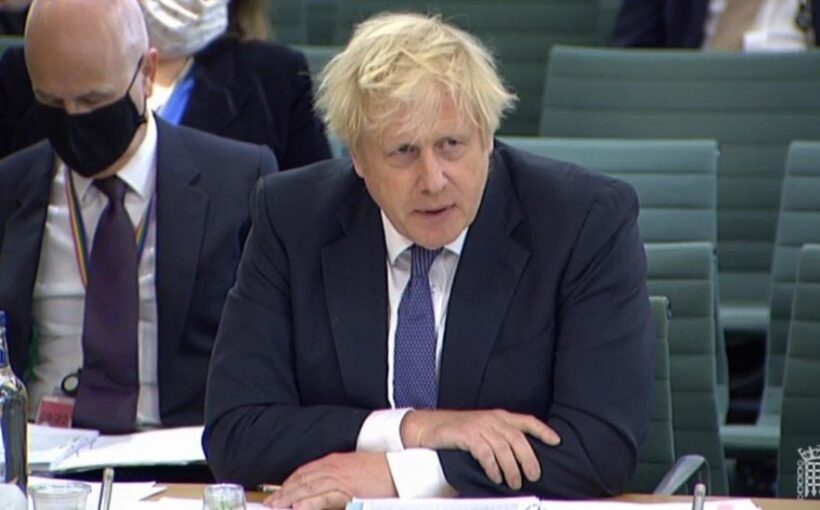
Boris Johnson unveiled the government’s new plan, ‘Living with Covid’, on Monday – but it’s safe to say most people are pretty unconvinced by this new strategy.
It means people who test positive for Covid will not have to self-isolate anymore from this Thursday, while Covid sick pay arrangements – which enabled people to receive sick pay from the first day of their absence – will be revoked from March 24.
Free public access to Covid testing kits will also be withdrawn from April 1.
Instead, the onus will be on individuals and personal responsibility, along with the ongoing vaccine programme.
Although the prime minister has hailed this as a “moment of pride” for the country as the UK tries to return to normal – a month before Covid rules were set to expire anyway – there seem to be more than just a few flaws in this tactic.
Is now really the right time?
According to a member of independent Sage, Professor Christina Pagel, the UK is not ready to lift all of the Covid rules.
She told the BBC: “Removing access to tests, and removing support for people to self-isolate how can we actually exercise that responsibility?”
Without testing themselves, people will not be sure if they have Covid. The last two years have shown that the virus does not have clear, consistent symptoms, nor does it create a symptomatic illness in everyone.
People will not necessarily be able to identify it by themselves without a test.
Prof Christina Pagel: The PM talks about personal responsibility, but if we’re removing access to tests & removing support 4 people to self isolate, how can we exercise that responsibility.. this is going to exacerbate all the health inequalities.. it doesn’t make sense to me pic.twitter.com/OT43WIdCUX
— Haggis_UK

(@Haggis_UK) February 22, 2022
It willdisproportionately affect deprived communities
Professor Pagel pointed out that the UK has one of the lowest sick pay rates in Europe (with just £96.35 per week), and so “we don’t have the infrastructure we need to be responsible” when it comes to Covid.
She said: “It’s going to have such a disproportionate impact on the deprived communities where people won’t be be able to afford to buy tests, won’t be able to afford to self-isolate, they’re more exposed, less vaccinated, and more vulnerable to severe illness and long Covid.”
If you are low paid worker with Covid on 2nd April you can:-
•pay for your own test kit;
•live for three days without any pay;
•on day four of being unwell live on statutory sick pay the equivalent of £2.48phr.Or go into work & spread the virus to your colleagues.
— Howard Beckett (@BeckettUnite) February 22, 2022
.@BorisJohnson just said the UK should be more like Germany, where workers don’t have a “habit of going into work when not well”
Key comparison:
– Statutory sick pay in Germany 50% pay for 84 weeks.
– Statutory sick pay in UK is £96.35 per week for 28 weeks.— Paul Waugh (@paulwaugh) February 21, 2022
The difficulty with the PM talking about “personal responsibility”
Johnson is still being investigated by the Metropolitan Police over ‘partygate’, as Downing Street held multiple parties throughout lockdown over the last two years – in breach of Covid rules.
Some people think this could undermine the prime minister’s authority when it comes to appealing for people to be responsible for their own actions to reduce Covid transmission.
“Everyone needs to take personal responsibility” – man who is currently using the “I don’t know what a party is” defence whilst being under investigation by the police for six lockdown parties
— James Felton (@JimMFelton) February 21, 2022



